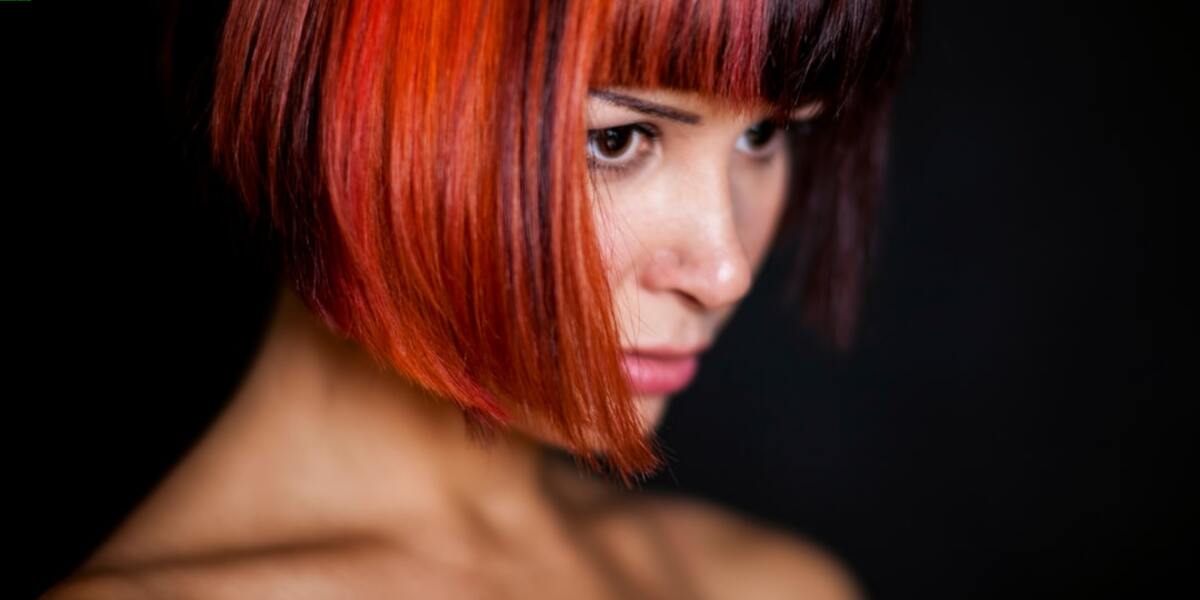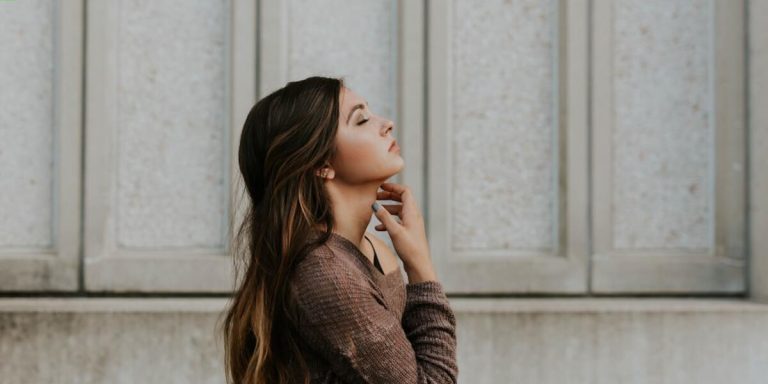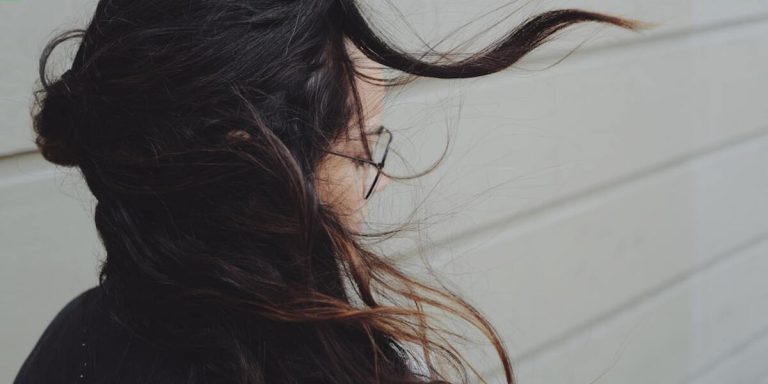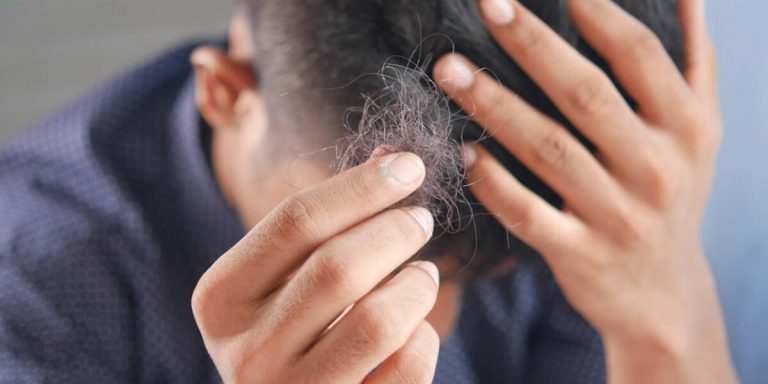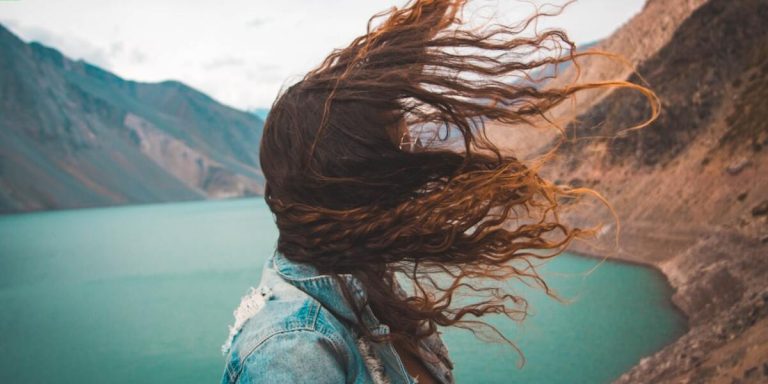Do Energy Drinks Cause Hair Loss? A Deep Dive into the Connection
Many individuals often wonder, “Do energy drinks cause hair loss?” It’s a valid question given the alarming rate of hair thinning and baldness in today’s fast-paced world. Energy drinks have become increasingly popular supplements for those juggling demanding schedules, but their potential side effects can lead to unexpected health concerns like hair loss.
This blog post will delve into an incisive exploration on this issue. Understanding the connection between consumption of energy drinks and its impact on your scalp is critical if you want to maintain a healthy head of hair or are trying prevent further shedding. We’ll be dissecting all crucial aspects related to ingredients in these beverages that may contribute towards triggering such unwanted reactions.
Did you know?
A study published in the International Journal of Trichology found a correlation between energy drink consumption and hair loss, suggesting that these caffeinated beverages might disrupt your hormonal balance resulting in accelerated shedding.
Understanding the Connection Between Energy Drinks and Hair Loss
Energy drinks, known for their high caffeine content and boosting effects, are increasingly popular among young adults. The hectic pace of modern life in 2023 has driven the demand sky-high as they serve an easy solution to fight fatigue or extend working hours.
But have you ever thought about the potential link between these stimulating beverages and hair loss? Scientific research is now beginning to shed light on this possibility. High levels of sugar alongside various chemicals found in energy drinks can accelerate physical problems such as heart disease and obesity; however, its impact on your scalp hasn’t been widely discussed until now.
Caffeine overdose from excessive consumption of energy drinks may lead to stress both mentally and physically that eventually triggers sudden hair thinning or alopecia areata – a condition where clumps of hair start falling out. Furthermore, being rich in acids with low pH balance makes them formidable foes against your follicles by weakening roots which results into unwanted shedding.
So next time when reaching for an energy drink might not seem like much but it could be contributing towards accelerating your path down towards balding avenue!
The Role of Caffeine in Scalp Health and Hair Growth
Caffeine, a key ingredient in most energy drinks, has an intriguing connection with scalp health and hair growth. The link between caffeine consumption and the state of your hair might surprise you.
Firstly, researchers have found that when applied directly to the scalp, caffeine can stimulate hair follicle growth. Hair follicles treated with caffeine showed significant increase in length compared to untreated ones. This is promising news for someone looking at options to reverse their thinning mane or receding hairline.
However, it’s crucial not to get misled by this information into thinking more “caffeinated” energy drinks mean healthier lush locks. In fact counterintuitively enough if you’re sipping on these beverages daily worrying about whether do energy drinks cause hair loss? Your concerns are valid!
The overconsumption of caffeinated energy drinks can trigger stress responses within the body due to high doses of sugar as well as stimulants like guarana and taurine often mixed alongside caffeine in these products.
Assessing Other Common Ingredients in Energy Drinks That May Influence Hair Loss
Numerous studies have been conducted on energy drinks, revealing that they often consist of ingredients that may be harmful to your health. While caffeine is most commonly associated with these products, other key components could potentially contribute to hair loss as well.
One common ingredient found in many energy drinks is Taurine. This amino acid aids the body’s metabolic process but its excessive consumption can lead to various side effects including increased heart rate and high blood pressure which are both types of stress factors known for causing hair thinning or loss.
Another prominent component: B-Vitamins. These vitamins facilitate red cell production and also help break down proteins into usable form by our bodies – vital processes essential for healthy scalp & hairs too! However a surplus intake can pose risks such as skin rashes or an increase in insulin levels leading eventually towards diabetes – indirect catalysts promoting hair falls mostly!
Investigating Nutritional Deficiencies Linked to Excessive Energy Drink Consumption
Excessive consumption of energy drinks has shown a significant spike in recent years due to our hectic schedules and the need for instant boosts. Ironically, this quick-fix solution may lead to long-term problems like nutritional deficiencies indirectly contributing towards hair loss. The correlation between the two might seem far-fetched at first glance, but delving deeper into their composition reveals another aspect.
On the other hand, these fizzy stimulants can inhibit nutrient absorption in our bodies by disturbing gut health which could translate to deficient levels of vital minerals such as zinc or vitamins like Biotin famously known as ‘Hair Food,’ thus accelerating potential thinning or shedding sessions on top.
When guzzled regularly over prolonged periods without complementing with balanced diets rich in vital nutrients needed by our bodies not only disturb overall functional balance leading possibly add up creating conditions ripe within us unknowingly pushing boundaries closer worrying possibility: losing precious locks just didn’t know why it was happening!
How Vitamin and Mineral Imbalances Can Lead to Follicle Damage
Ironically, yes! It might surprise you to discover that your favorite can of adrenaline boost could be wreaking havoc on your luscious locks. The connection between energy drink consumption and hair fall primarily owes itself to severe vitamin and mineral imbalances it engenders in our body.
Energy drinks are often loaded with high doses of caffeine and sugar which disturb the natural metabolic processes within our bodies. These disturbances inevitably impact nutrient absorption leading to deficiencies—specifically vitamins such as Biotin (Vitamin H or B7), Niacin (B3) & Folic acid (Folate). Lacking these essential nutrients is detrimental because they each play a pivotal role in maintaining healthy follicles; hence their lack leads directly to fading hairline issues.
For instance, biotin deficiency weakens keratin structure—the protein responsible for strong hair—making strands brittle over time eventually causing them fall out prematurely. Meanwhile folate helps produce red blood cells , necessary for carrying oxygen from lungs around all parts of body including scalp where adequate circulation keeps roots productive so without enough folic acid this crucial process may gets deplete resulting into unhealthy scalps consequently thinner hairs.
The Impact of Sugar and Artificial Additives on Hormonal Balance Affecting Hair Health
Firstly, an overabundance of sugar can greatly disrupt hormonal balance within the body. When we consume too much sugar or glucose-containing foods and drinks, our bodies respond by releasing insulin into the bloodstream to deal with it promptly. This sudden influx of insulin triggers a chain reaction that ultimately results in elevated levels of Dihydrotestosterone (DHT), a hormone known for its detrimental effects on healthy hair follicles.
Androgenetic Alopecia, also known as male-pattern baldness, links directly to increased levels of DHT hormones. These hormones cause the miniaturization and weakening of hair follicles, leading to premature hair loss and sparse regions. Genetically, some people are more susceptible to this condition. In women, it can turn beautiful thick strands into lifeless thin ones due to massive shedding.
Overconsumption of Energy Drinks and Stress-Induced Alopecia
In today’s fast-paced world, energy drinks have become a staple in many people’s diets due to their promise of increased focus and stamina. Yet, it seems these widely-consumed beverages could be contributing to an unexpected issue – hair loss. Recent studies indicate that the overconsumption of these caffeine-rich drinks may play a significant role in stress-induced alopecia or hair loss.
The science behind this lies in how our bodies respond to high levels of caffeine. Consuming too many energy drinks can lead to heightened cortisol production, also known as the “stress hormone”. When our bodies are persistently exposed to elevated cortisol levels caused by excessive intake of such stimulants, various physical responses are triggered including the disruption of regular hair growth cycle.
Excessive consumption not only affects your hormonal balance but might also inflict damage on your follicles indirectly through nutritional deficiencies. Energy drinks often lack vital vitamins and nutrients needed for maintaining healthy strands while being high in sugars which affect overall nutrition absorption negatively.
As we navigate increasingly hectic lifestyles amid 2023’s challenges – finding healthier alternatives becomes crucial both for general health and retaining those luscious locks! While occasional indulgence might seem harmless remember moderation is key when it comes keeping up with quick fixes like energy-drinks especially considering potential drawbacks they offer beyond mere temporary boosts!
Exploring the Relationship Between High Caffeine Intake, Stress Levels, and Telogen Effluvium
Studies have shown a significant association between the copious consumption of energy drinks and increased stress levels. But do energy drinks cause hair loss? Here, we aim to explore this connection.
Energy drinks are soaring in popularity due to their promise of instant revitalization. However, they pack a punch with high caffeine contents which can range from 80-300mg per serving – equivalent or more than that contained in an average cup of coffee. It’s important for consumers to comprehend that while these beverages might provide temporary alertness, they may also inadvertently contribute to conditions like Telogen Effluvium, thus leading to thinning or shedding hair.
Telogen Effluvium is primarily characterized by excessive hair loss caused by physical or emotional stressors where disrupted growth cycles result in an increased number of hairs shifting into the resting phase prematurely followed by consequential shedding after few months’ time.
Prolonged consumption of high caffeinated substances such as energy drinks prompts the body’s ‘fight-or-flight’ response resulting in elevated cortisol (stress hormone) production levels. This constant state of hyperarousal causes disturbances within your natural biological rhythms including disrupting sleep patterns – another factor found instrumental towards healthy hair maintenance.
Another concern worth noting pertains specifically if you’re genetically predisposed towards Androgenetic Alopecia – common male/female pattern balding condition influenced under certain triggers; excess intake being one trigger point escalating its onset substantially faster pace compared otherwise “normal” circumstances.
Sleep Disruption From Stimulants as a Hidden Culprit Behind Thinning Hair
When considering the question, “do energy drinks cause hair loss?” a significant piece of the puzzle pertains to sleep disruption. It’s common knowledge that most energy drinks are loaded with stimulants like caffeine and taurine, both notorious for meddling with your natural sleeping patterns.
Research shows chronic sleep deprivation serves as a stressor to the body which could exacerbate or even instigate alopecia. Our bodies need adequate rest for optimal functioning including maintaining healthy hair growth cycles – Anagen (growth phase), Catagen (transition phase), and Telogen (resting/shedding phase).
Consuming an excess quantity of caffeinated energy drinks can disrupt this equilibrium by shortening REM periods where deep restoration occurs. This is consequential because during these phases our cells regenerate significantly – one such cell being papilla cells critical in follicle health.
Overconsumption of energy beverages often disrupts sleep, making your system vulnerable to oxidative stress. The high sugar content in these drinks causes this stress. This oxidative stress can affect collagen synthesis over time, which is essential for strong, luscious hair. Hair consists predominantly of keratin protein synthesized from dietary amino acids; vitamin C aids in this absorption. Stressful conditions deplete vitamin C and other nutrients, wreaking havoc on scalp health and leading to thinning strands.
Conclusion
In conclusion, the question “do energy drinks cause hair loss” is not as ludicrous as it might initially sound. The high caffeine levels and other potent ingredients often present in these beverages can indeed contribute to conditions that lead to hair thinning or loss if consumed excessively over time, especially without proper dietary balance.
However, drinking an energy drink occasionally likely won’t make your hair fall out overnight! Moderation and a healthy lifestyle are key. Should you find yourself experiencing unexplained hair loss though, don’t just write off those cans of liquid pep quite yet.
Explore our website further for more detailed information on various causes of Hair Loss– knowledge can be at once empowering and comforting!

